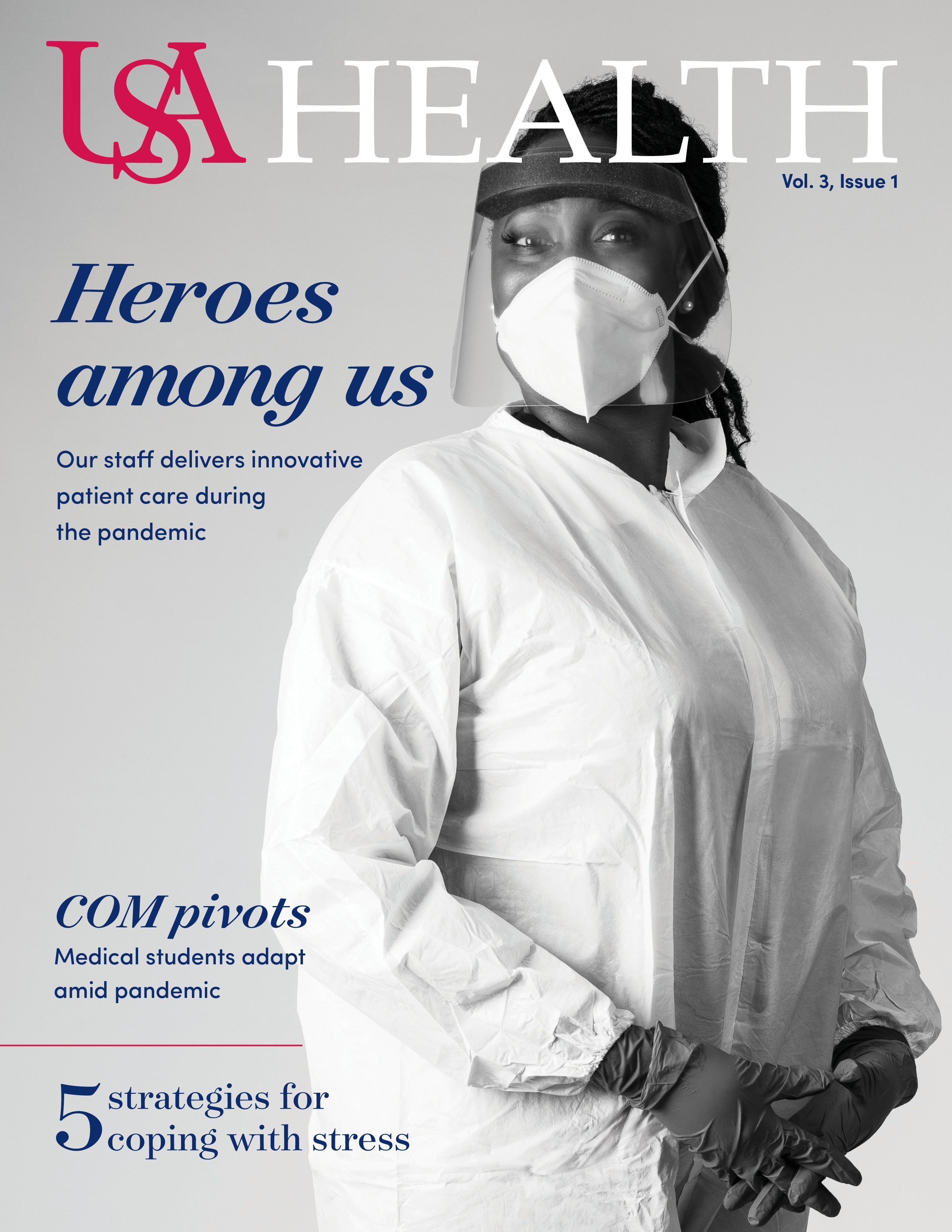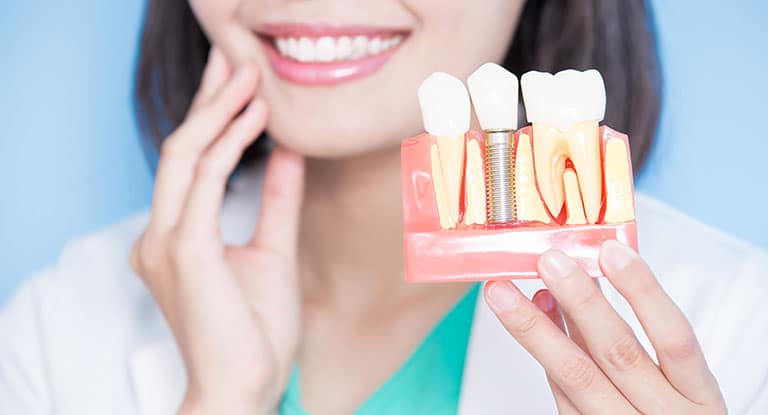
Menopause is a natural biological process marking the end of a woman’s reproductive years, defined as the point when menstrual cycles have ceased for 12 consecutive months. This transition, typically occurring between the ages of 45 and 55, is preceded by a phase known as perimenopause, or the menopause transition. This period can last several years and is characterized by fluctuating hormone levels, leading to a variety of physical, emotional, and psychological changes.
Table of Contents
The Hormonal Landscape
The menopause transition is primarily driven by a decline in ovarian function, which results in decreased production of estrogen and progesterone, the key reproductive hormones. Estrogen, in particular, plays a crucial role in various bodily systems, including the cardiovascular system, bone health, and the regulation of body temperature. As estrogen levels decline, the body adjusts to this new hormonal environment, often leading to noticeable symptoms.
Progesterone, which helps regulate the menstrual cycle, also decreases during this period. This hormonal shift is responsible for irregular menstrual cycles, which are a hallmark of the menopause transition. Some women may experience lighter or heavier periods, with cycles becoming longer or shorter before ceasing altogether.
Common Symptoms
The menopause transition is associated with a range of symptoms that vary in intensity and duration among individuals. One of the most well-known symptoms is hot flashes, sudden feelings of warmth that can cause sweating and discomfort. These are often accompanied by night sweats, which can disrupt sleep and contribute to fatigue.
Mood changes are also common, including irritability, anxiety, and depression. The hormonal fluctuations may affect neurotransmitters in the brain, altering mood regulation. Additionally, cognitive changes such as forgetfulness and difficulty concentrating, sometimes referred to as “brain fog,” are frequently reported.
Physical symptoms can include joint pain, headaches, and vaginal dryness. The latter is caused by thinning and reduced elasticity of vaginal tissues due to lower estrogen levels, which can lead to discomfort during sexual activity. Some women also experience urinary symptoms, such as increased frequency or urgency.
Long-Term Health Implications
The decline in estrogen during menopause has significant long-term health implications. Estrogen plays a protective role in maintaining bone density, and its reduction increases the risk of osteoporosis, a condition characterized by weak and brittle bones. This makes postmenopausal women more susceptible to fractures, particularly in the hips, spine, and wrists.
Cardiovascular health can also be affected. Before menopause, women tend to have a lower risk of heart disease compared to men, partly due to the protective effects of estrogen. However, after menopause, this risk increases, emphasizing the importance of maintaining heart-healthy habits.
Managing the Transition
Managing the menopause transition often involves a combination of lifestyle changes and medical interventions. Regular physical activity, a balanced diet rich in calcium and vitamin D, and stress management can help alleviate symptoms and reduce long-term health risks. Hormone replacement therapy (HRT) is a medical option that can relieve symptoms like hot flashes and vaginal dryness, though it may not be suitable for everyone and requires careful consideration of risks and benefits.
Non-hormonal treatments, including certain antidepressants and other medications, can also help manage specific symptoms. Additionally, mindfulness practices, cognitive behavioral therapy (CBT), and support groups offer psychological support during this life stage.
Conclusion
Menopause and the menopause transition are significant phases in a woman’s life, marked by profound hormonal, physical, and emotional changes. While the experience varies widely, understanding the underlying processes and available management strategies can empower women to navigate this transition with greater confidence and well-being.

Liberty Health
Address: Solo House, London Rd, Horsham RH12 1AT, United Kingdom
Email: [email protected]
Website: www.libertyhealthclinics.com
Follow us:
https://www.instagram.com/liberty_health_clinics/
https://www.facebook.com/menopauseclinics
https://www.linkedin.com/company/69755567/admin/feed/posts/
Google Map: https://maps.app.goo.gl/eNWzGKMhCm3Dt5vE7







